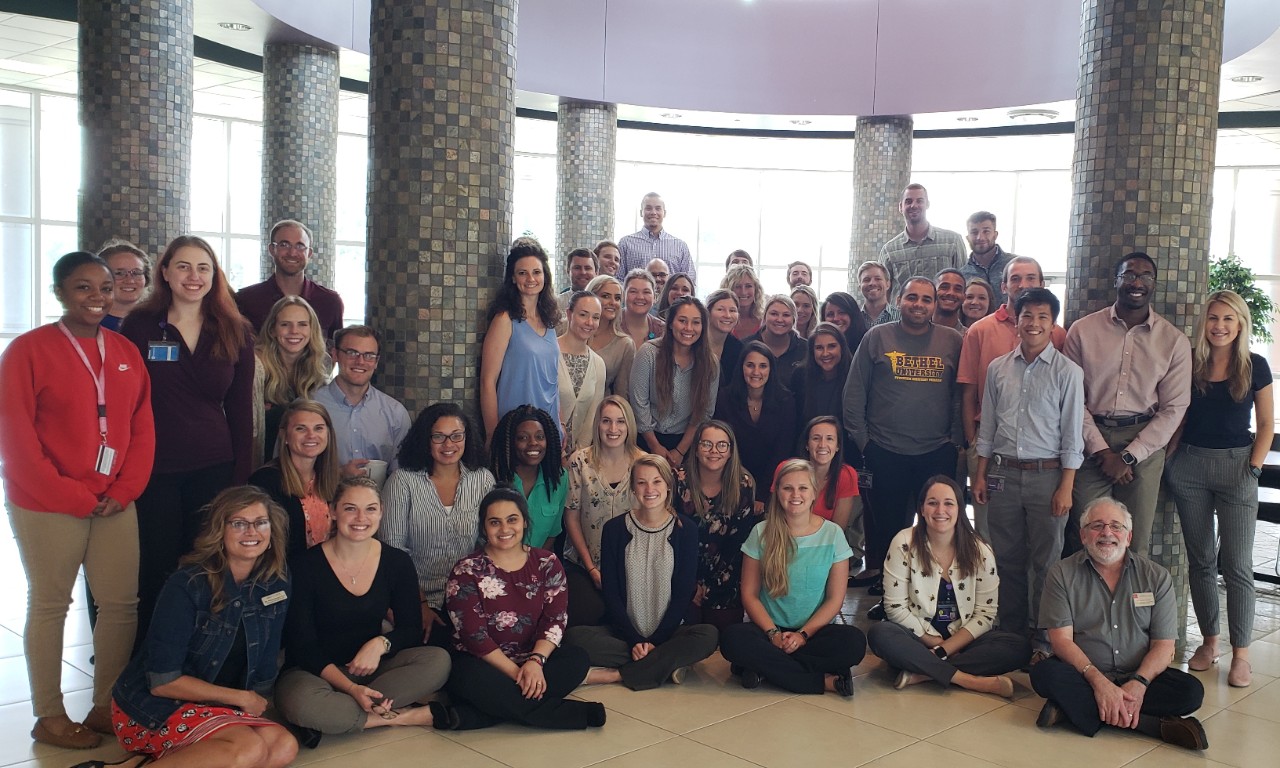Breaking Ground 94 - Teaching the Next Generation of Leaders about Caring

Advocates in the disability community – be they individuals with disabilities, family members of people with disabilities, or those who work with or for people with disabilities, or those who simply want to improve the lives of their fellow citizens with disabilities – have been saying for years that meaningful community integration is the way to get people to care. It is why so many of us applaud inclusive preschools and grade schools, because we know that the earlier young kids are learning and creating and playing and eating lunch next to kids with disabilities, the more they will see them, naturally, as their peers, neighbors, friends, college buddies, co-workers or bosses.
As a society, by and large, we are benefiting from a new generation of young adults who embrace diversity, in all its forms. They have come to believe that every person has a unique set of skills and challenges, and something valuable to contribute. Is it any coincidence that these same young people shared classrooms with students with disabilities during their formative years?
I did not. I was not aware of people with disabilities until I was hired at the Vanderbilt Kennedy Center to work as a managing editor on a peer-reviewed journal, and had a colleague who used a power wheelchair. I wasn’t even sure what I had seen when this buzzing blur moved down the hallway outside my office on my very first day of work.
That colleague would become my daughter’s godmother.
As fate would have it, I would wind up having three children with disabilities. That was my education. And it was way too long in coming.
I am blessed to have worked for the Council on Developmental Disabilities since December of 2000. That colleague I mentioned before? She was the Chair of the Council for several years; she was the one who told me I should consider taking this job. And through this job I have had the wonderful good fortune to give presentations for lots and lots of people across the state of Tennessee. My co-workers and I have talked to various audiences about many topics, including the importance of self-advocacy; giving support that truly supports people without taking away their ability to be in control of their own lives; the need to consider supported decision-making; and perhaps more than any other topic, disability sensitivity and awareness.
The Council has taught this important topic to teachers and administrators and hotel staff and case managers and service providers and caregivers and business owners who want to diversify their workforce. But some of our most exciting opportunities recently have been presenting this topic for young audiences who are on the cusp of adulthood, who are either on a career track now that will lead them to encounter patients or clients with disabilities, or are studying to discover who and what it is they want to be.
We need these young people to have open hearts and minds about their fellow citizens with disabilities. We need them to understand how to communicate effectively and interact respectfully with community members who have disabilities, and to understand the barriers people with disabilities and their families still face in creating meaningful, inclusive and rewarding lives in their communities. We need these young people to become the compassionate leaders of tomorrow, to drive the change for a more welcoming and inclusive world. We need these young people to seek out caring professions.
We need these young people to care.
For information about scheduling a free presentation from the Council, click here or contact Communications Director Emma Shouse Garton at emma.shouse@tn.gov or 615.253.5368.